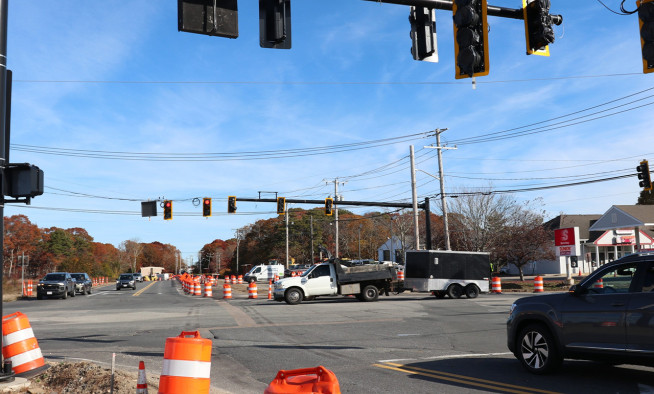Survey results - Public perceptions on regional planning priorities

The Cape Cod Commission is in the process of updating the 2018 Regional Policy Plan (RPP), which provides regional planning policies, goals, and objectives to guide development and protect the Cape’s unique natural, built, and community resources.
As part of this planning process, the Commission partnered with the Donahue Institute at UMass Amherst to conduct a resident survey designed to better understand public perspectives on local and regional planning challenges. A total of 1,241 Cape Cod residents participated in the survey, conducted in January and February 2025. The survey included many questions and themes comparable to the Cape Cod Homeowner Survey conducted in 2014, as well as new ones aimed at better understanding today’s challenges and priorities.
The survey offers insight into residents’ current views and expectations regarding development, infrastructure, natural resource protection, and quality of life on Cape Cod. Residents shared their experiences and opinions on topics such as housing, transportation, water quality, and public services and identified whether they see these services or issue areas becoming potential issues in the future.
Key findings from the survey include:
- Top reasons identified as either important or very important for deciding to live or maintain a home on Cape Cod:
- Environmental quality (91%)
- Access to the coast (91%)
- Outdoor recreational opportunities (85%)
- Top concerns identified as either a moderate or serious problem by residents now or in 5 years:
- Availability of affordable housing (84%)
- Coastal erosion (83%)
- Traffic congestion (81%)
- Sea level rise (76%)
- Pond water quality (74%)
- Housing Needs:
- Over 60% of residents indicated their town needs more affordable ownership and rental housing.
- Support for most housing types has increased significantly since 2014:
- Affordable ownership housing: from 29% (2014) to 62% (2025)
- Affordable rental housing: from 21% (2014) to 60% (2025)
- Infrastructure:
- Almost 90% of residents support or strongly support drinking water infrastructure development.
- More than 84% of residents support or strongly support replacement of the canal bridges.
- Driving and walking were identified as the most accessible modes of transportation, while rail service was considered the least accessible.
- Water Quality:
- 63% of residents reported noticing a decline in pond water quality over the past ten years and approximately 42% reported noticing a decline in coastal water quality.
The results of this survey will help inform the next update to the Cape Cod Regional Policy Plan. First adopted in 1991, the RPP has undergone several revisions, with major updates in 2009 and 2018. The 2025 update represents an opportunity to reflect on the evolving needs of the region and ensure that policies align with current realities and needs—including housing affordability, climate change, infrastructure capacity, water quality, and economic resilience.
As a blueprint for Cape Cod’s future, the updated RPP will continue to guide growth to appropriate areas, protect environmental and cultural assets, and support a sustainable and vibrant regional economy.
Read more and view the report: www.capecodcommission.org/residents-survey
Related Posts




